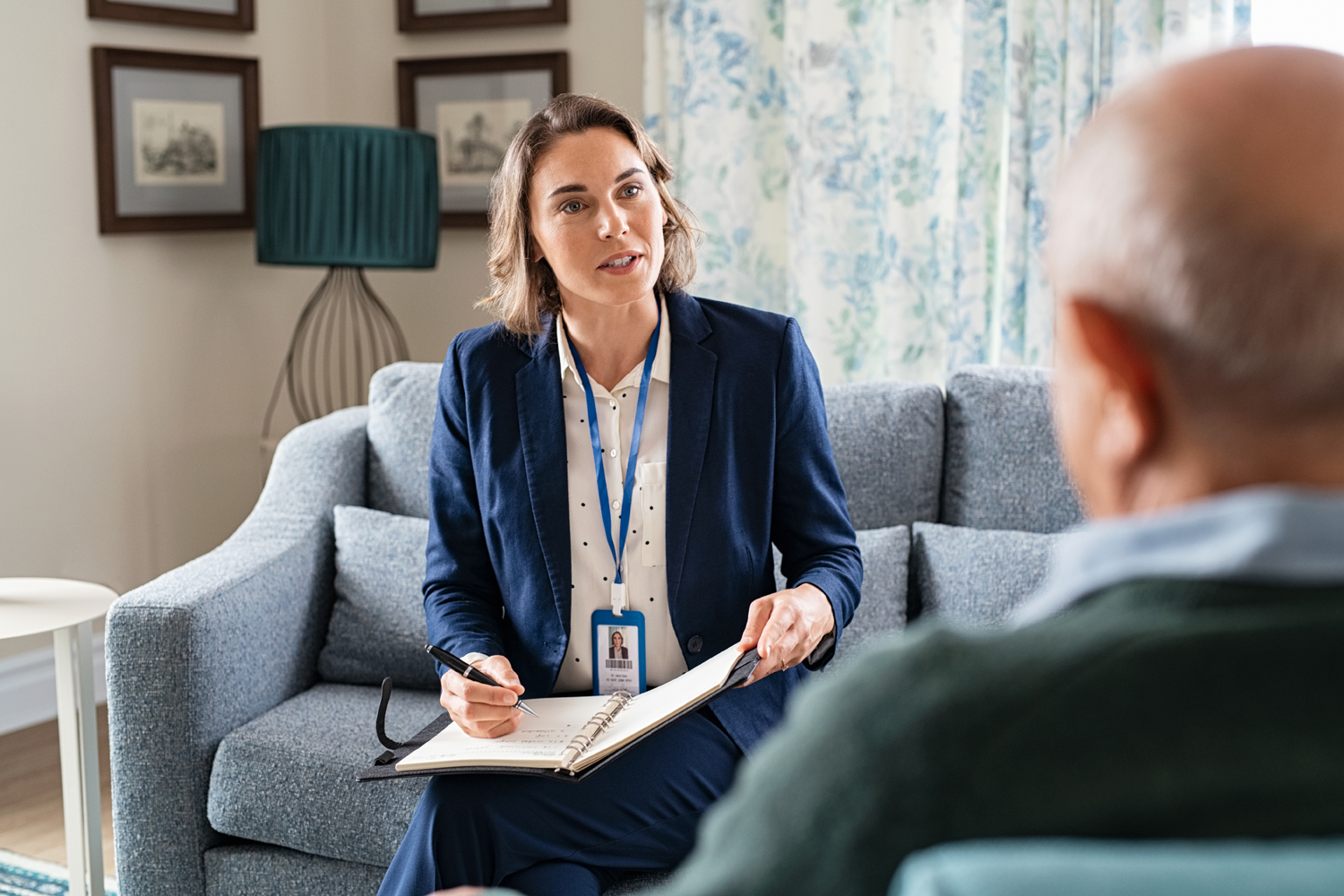HANDLING THE HIGH COSTS of treatment and other medical expenses, sometimes called financial toxicity, is a common problem faced by cancer patients. But there is no consensus among physicians and researchers on best practices for screening patients for vulnerability to financial toxicity.
How patients would like to see such screening was the question behind a study published Sept. 17 in the Journal of Oncology Practices. Researchers surveyed 738 people with a confirmed cancer diagnosis, the majority diagnosed with breast cancer, on their financial screening preferences.
Among the respondents, 58% had not been asked about financial stress and 68% had not received financial assistance or any referrals to financial assistance during recent medical appointments.
The study found that 83% of participants wished to have their health care providers ask about their financial needs, and they wanted the conversation to happen early in treatment, either at diagnosis or when a treatment plan is determined.
Participants preferred discussing financial needs one-on-one and with a social worker or patient navigator. Three-quarters of respondents said they would prefer face-to-face contact when discussing financial matters.
Patients who were younger, have lower socioeconomic status and belong to marginalized racial or ethnic minority groups were at higher risk for financial toxicity, the study suggested.
Women constituted 93% of the survey, which had a median age of 50. Of the participants, 57% were non-Hispanic white, 20% were Black, and 9.2% were Hispanic.
Laila Gharzai, a radiation oncologist at the Robert H. Lurie Comprehensive Cancer Center of Northwestern University and one of the authors of the study, says one of the things that sets this study apart is the focus on asking patients what they wanted based on their lived experience. She says researchers previously looked at the current practices of treatment centers instead of reaching out to patients directly.
“They’ve actually been through it. They’ve been through all the cancer treatments,” Gharzai says.
Wilhelmina Grant-Cooper, a New York City resident diagnosed with hormone receptor-positive breast cancer in 1994 at age 37 and treated for a recurrence in 2001, is one such patient. In 2008, she experienced a bout of severe lymphedema, or swelling, in one arm and skin that burst due to swelling.
Without a full-time job at the time, Grant-Cooper did not have health insurance and was not in touch with a cancer care team. “The whole experience was a disaster,” she says. “Lymphedema cannot get better without treatment.”
She was paying out of pocket to see nonspecialists who didn’t know how to treat her condition. Meanwhile, the discomfort made it difficult for her to work, keeping her out of a job and the health insurance that would come with it. She ended up applying for state-sponsored health insurance in order to get the appropriate long-term care she needed from specialists.
Grant-Cooper recommends finding a care team that is proactive and frequently available to check in. No one should be isolated, including financially isolated, during cancer treatment and care, she says.
“A lot of us know these kinds of problems exist and they need intervention,” says Elif Andac-Jones, vice president of research at the Tigerlily Foundation, a nonprofit providing support for young women with cancer who was not part of the study. “Fixing the problem, building better screening systems and building better support systems for financial toxicity and other equity research is essential.”
Andac-Jones says high costs of cancer care can be a burden even for patients with health insurance. She emphasizes that patients deserve access to resources once they have been financially screened and categorized as having a high risk for financial toxicity. “I hope that this will ultimately drastically improve patients’ outcomes. Patients want to be heard. They want help,” she says.
Cancer Today magazine is free to cancer patients, survivors and caregivers who live in the U.S. Subscribe here to receive four issues per year.





